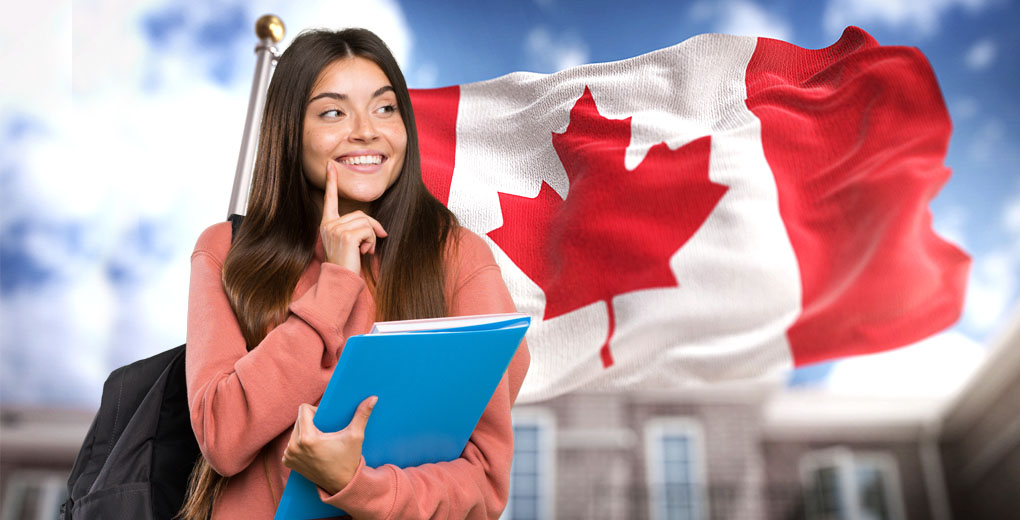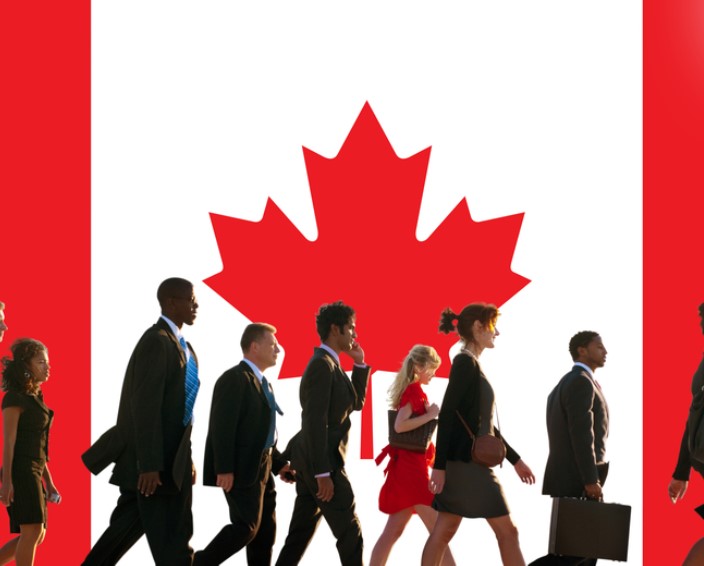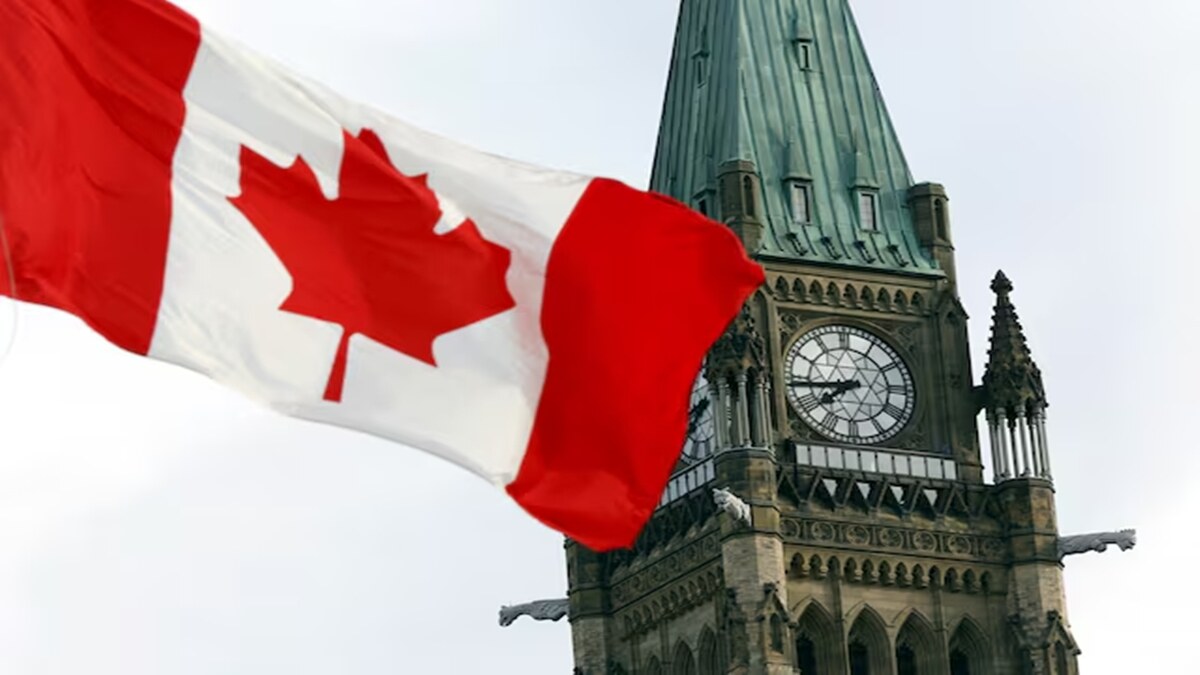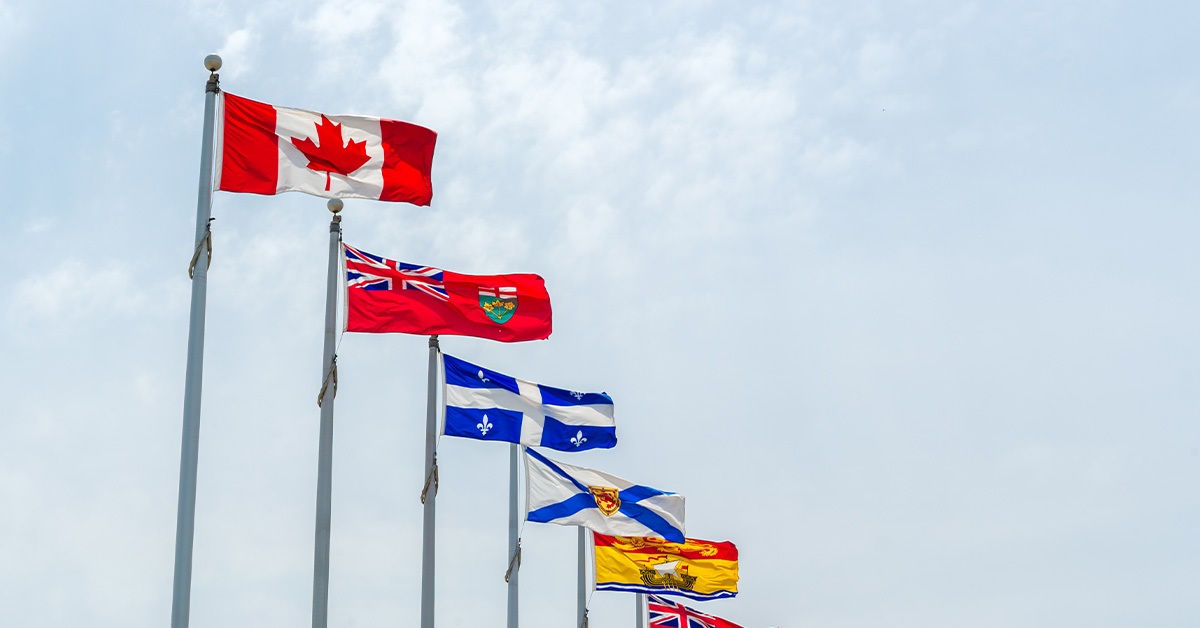For most applicants immigrating to Canada through study, it is one of the best ways to migrate to Canada. International students and pupils can prepare themselves and apply for a Canadian student visa. As an international student intending to continue studying at a Canadian international educational institution, you can use the following recommendations to increase your chances of obtaining a visa!
We believe that by following these recommendations, your success in obtaining the visa will greatly improve, and we can help you with this process.
As an international student intending to continue studying at a Canadian international educational institution, you can use the following recommendations to increase your chances of obtaining a visa!
We believe that by following these recommendations, your success in obtaining the visa will greatly improve, and we can help you with this process.
The ITC Immigration Services Company can accompany you in the process of obtaining a Canadian student visa to increase your chances of receiving the visa.
Requirements and influential parameters in obtaining a Canadian student visa
The following information is based on real statistics from various visa application centers:
• Application timing
• Student’s financial status
• Student’s age
• Gender
• Unstable countries
• Study gaps
• Student’s academic background related to the chosen field
• Level of study applying for
• English language requirement
• Writing a good study plan
• Tuition costs
• Tuition payment
• Previous visa rejections
• Ongoing immigration cases
Canadian Student Visa Requirements
1- Acceptance Letter: Obtaining an acceptance letter from one of the reputable Canadian educational institutions is the first step. Based on the applicant’s chosen field, an acceptance letter is requested from the institutions offering the desired program.
2- IELTS Certificate: To study at Canadian universities, the applicant must provide an academic IELTS certificate. A minimum score of 6 in the academic IELTS is required for obtaining the student visa.
3- Financial Ability: Tuition fees and living expenses in Canada must be considered for the applicant and any accompanying family members if applicable.
Details of influential parameters in obtaining a Canadian student visa
1. Application Timing
The earlier the student applies for the program, the better for admission and visa approval.
Schools usually post the required scores for program entry. The earlier the application, the sooner the scores are used and reviewed. As the deadline approaches, the number of applications increases, institutions get busier, and review times lengthen.
Many institutions collect applications to compare and select the best candidates. So, the required scores should be higher than those listed on the institutions’ websites.
Statistics show visa officers prefer to approve student applications at least two months before the program starts. If visa processing in your country takes one month, then the student should submit the application three months before the program start date.
(Visa processing time in your country + 2 months before program start + time for student to apply for visa)
Longer institutional processing times give students a better chance to apply to multiple institutions (September, January, May).
Please note this does not mean you won’t get a visa or that late applications won’t be accepted, but early applications have an advantage.
Also note we usually do not accept applications more than three months before program start (except for students inside Canada or from countries with short processing times).
2. Student’s Financial Status
Make sure you can provide financial proof at the start of the process, because we and institutions do not spend time on cases rejected due to lack of financial ability.
– Who is your sponsor? The closer the family relation (parents, siblings, spouse, etc.), the higher the chance of visa approval.
– How much money should be in the bank? At least the first year’s tuition plus living expenses. The more money, the better chance of success.
– How long should the money remain in the bank? At least 4-6 months.
3. Student’s Age
Although there is no age limit for student visa applicants, statistics show visa officers often reject older students. Less than 10% of students above the following ages get visas:
– Applicants over 25 applying for a bachelor’s degree.
– Applicants over 35 applying for a master’s degree.
4. Gender
Statistics show female students have a higher chance of visa approval. 55-56% of student visas are granted to women.
5. Unstable Countries
Statistics indicate applications from countries with unstable governments and their neighboring countries are examined more closely and have lower chances due to security concerns. Please note Iran is not considered an unstable country.
6. Study Gap
If you have a gap of 6 months or more in your studies, you must prepare a resume or explain what you were doing during that time.
Applicants who have only completed high school have good chances up to 3-5 years after graduation. After 5 years, chances drop below 10% for many countries (note that some countries like China, Korea, Japan have different evaluation criteria).
Students applying for master’s or higher degrees have good chances up to 5-7 years after graduation. After 7 years, chances drop unless the student has been working in a reputable international company in a good position during that time.
You must have at least two years of relevant work experience accepted by immigration authorities.
7. Student’s Academic Background Related to the Chosen Field
If you apply for a field unrelated to your previous education or work experience, your chance of visa approval decreases.
Choose a field related to your academic or work background. If applying based on work experience, prepare a resume.
Remember after enrolling in a college or university program, if you find it is not your desired field, you have the right to change your major.
8. Level of Study Applying For
Immigration rejects students applying for a second bachelor’s degree (especially the same major). It is better to apply for master’s or doctoral programs.
You can apply for master’s or higher levels at an institution that also offers the bachelor’s program you like. So, if you don’t like the higher level, you can switch to the bachelor’s.
You can have a two-year diploma and apply for a four-year bachelor’s degree. You must show how the program relates to your previous studies and that you have completed prerequisites.
9. English Language Requirement
Statistics show visa centers often reject applicants from Nepal, Bangladesh, Algeria, Pakistan, Sri Lanka, Iraq, and Syria who do not meet minimum language requirements and need a Letter of Conditional Offer.
If you are from these countries, it is better to provide an English certificate (IELTS, TOEFL, etc.) and apply only for programs without language conditions.
10. Writing a Good Study Plan
Statement of Purpose / Study Plan: Please provide a good study plan that answers the following questions and includes other relevant information for your application:
a. Why do you want to study your accepted program in Canada?
b. What is your overall goal for studying?
c. Why don’t you continue this field in your home country?
d. What related research have you done in your country?
e. How can this field improve your job opportunities in your country?
f. What is your career outlook in this field?
g. What ties do you have to your home country?
h. What is your parents’ or guardians’ residency status and financial situation?
i. Do you have previous travel history? Please mention your trips or your family’s trips.
j. Who will sponsor your studies and why will they support you?
We ask all students to answer these questions.
11. Tuition Fees
You must pay tuition fees to the institution.
If a student does not pay these fees, the visa will be rejected on the grounds that the student does not meet the acceptance letter requirements.
Institutions collect tuition fees to ensure the student has the financial ability to attend classes and is serious about enrolling to reserve a spot.
12. Tuition Payment
Statistics show that paying tuition increases visa chances by up to 30% overall, and up to 60% in some countries.
We ask you to pay at least 50% of the first year’s tuition or the tuition fee (whichever is higher) to the institution.
13. Previous Visa Rejections
You must provide accurate information about previous visa refusals. Providing false information will result in a 5-year ban on visa applications.
14. Ongoing Immigration Cases
Statistics show that students with ongoing immigration cases have a very low chance of visa approval, as the officer will ask for convincing reasons.





